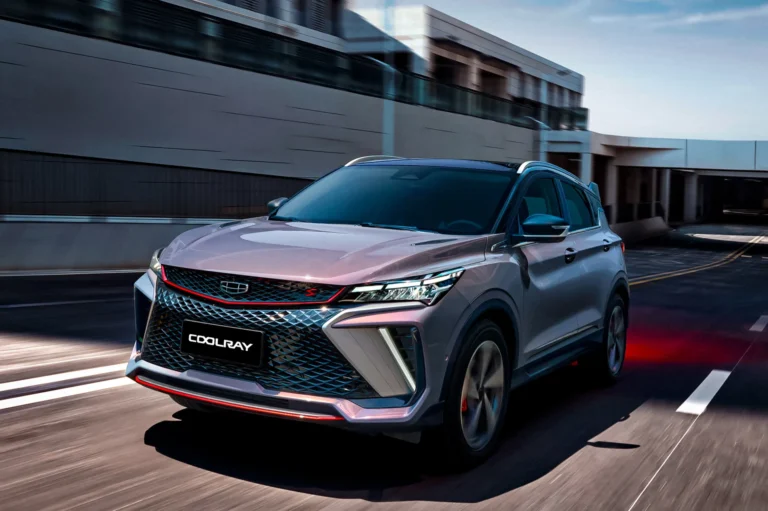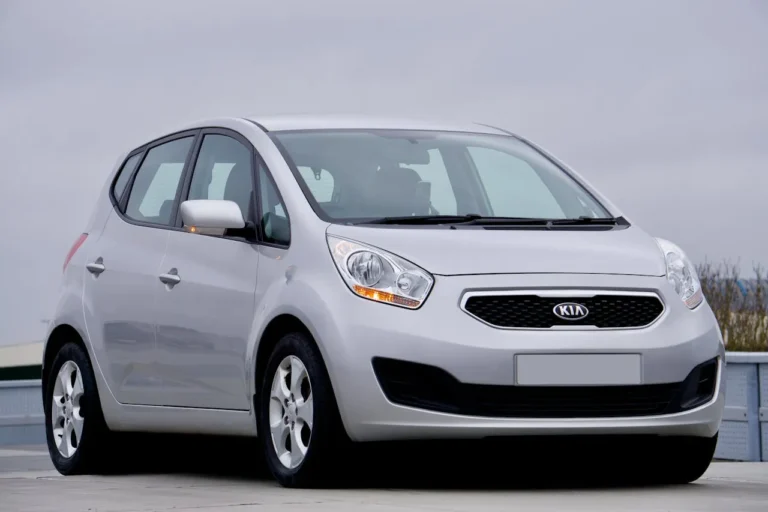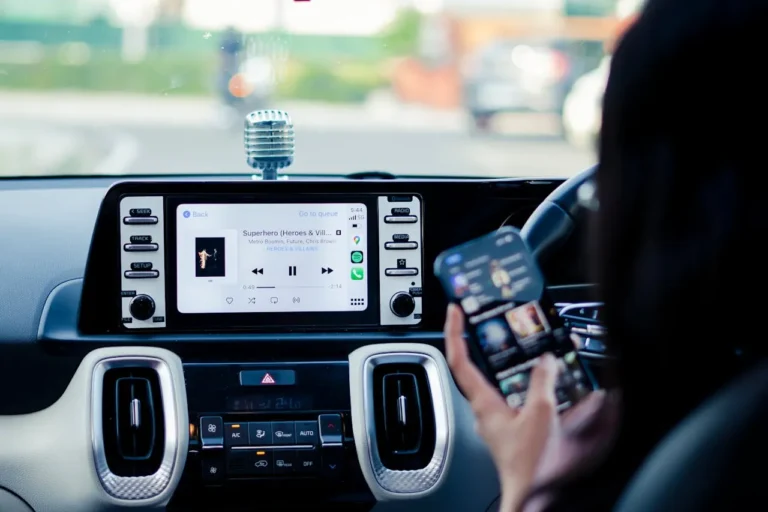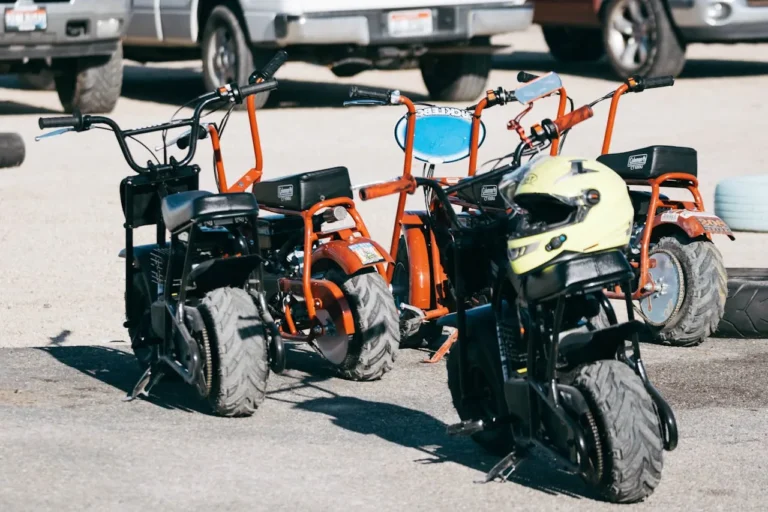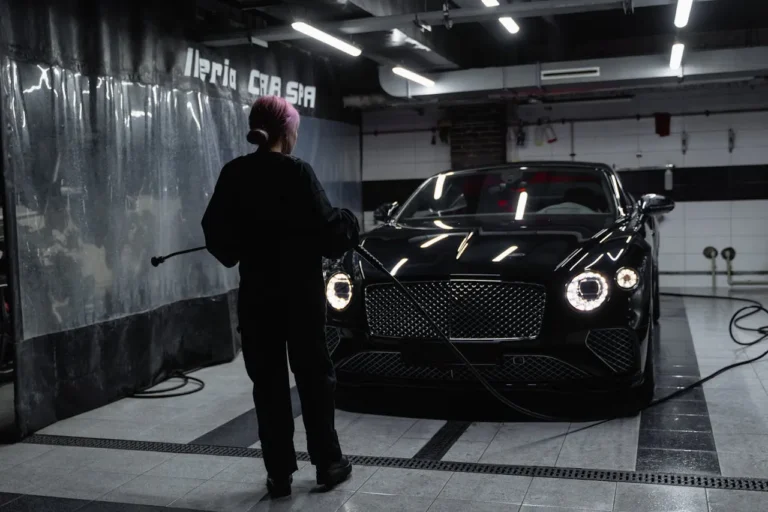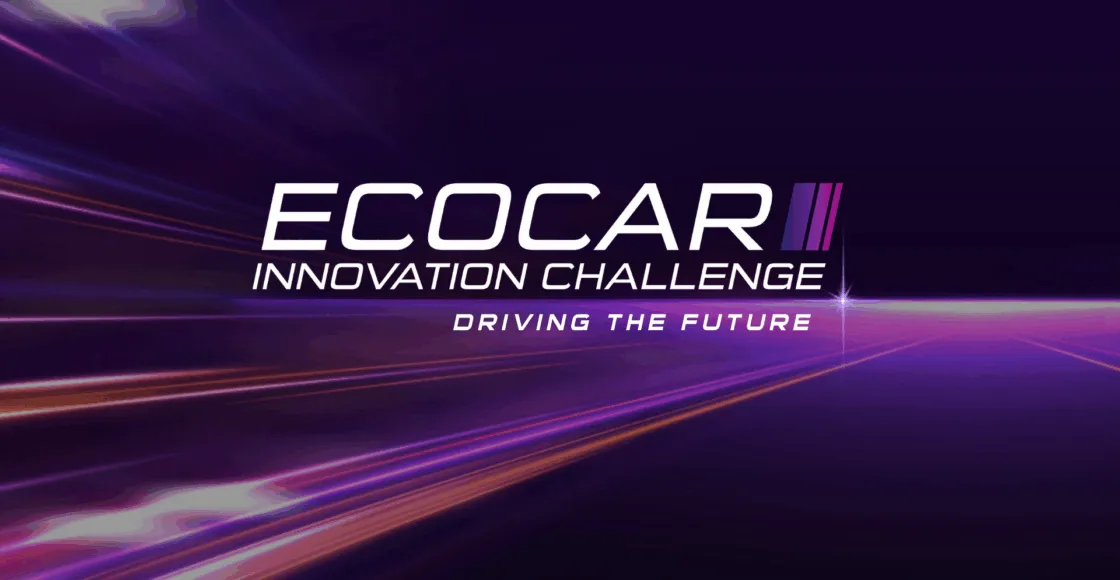
EcoCAR Innovation Challenge Opens Call for Universities to Shape Future of Sustainable and Intelligent Mobility
The Advanced Vehicle Technology Competitions (AVTC) series has officially issued a Request for Proposals (RFP) for universities across North America to participate in its newest flagship program — the EcoCAR Innovation Challenge. Set to launch in Fall 2026 and span four years, the competition represents the 15th installment in AVTC’s historic legacy of engineering engagement programs that bridge academia and industry to accelerate transportation innovation.
Unlike conventional student contests focused narrowly on mechanical performance or robotics, EcoCAR is positioned as a holistic mobility innovation platform. It is being developed by a public-private consortium including automotive giants General Motors (GM) and Stellantis, alongside MathWorks, a global leader in engineering simulation and model-based design tools. The program is managed and executed by Argonne National Laboratory, which has run AVTC programs for more than three decades, cultivating thousands of engineers who now drive innovation in the global automotive workforce.
In addition to recruiting collegiate teams, the organizing committee announced that it is also actively seeking additional strategic partners across sectors such as artificial intelligence, battery systems, connectivity, cloud computing, and charging infrastructure — signaling the program’s ambition to go beyond traditional vehicle engineering and into software-defined mobility ecosystems.
A Competition Built for the Software-Defined Vehicle Era
At its core, the EcoCAR Innovation Challenge is designed to push student teams to design, develop, and validate energy-efficient and intelligent mobility solutions that reflect the rapidly evolving demands of the automotive sector. The competition will emphasize emerging tools and capabilities that are now foundational in modern vehicle development:
- Artificial Intelligence (AI) for predictive control and decision-making
- Machine Learning integration into engineering workflows
- Exascale computing and digital twin simulations
- High-voltage battery development
- Electric motor system design and propulsion optimization
Teams will not only retrofit or redesign physical components — they will also integrate software layers, vehicle connectivity, and autonomous capabilities, preparing them for careers in an industry where mechanical systems and digital intelligence now work hand-in-hand.
The competition will be divided into two parallel tracks, each sponsored by an automaker:
- General Motors will supply one vehicle platform, emphasizing connected and autonomous propulsion systems.
- Stellantis will sponsor another track, likely focused on efficiency, performance, or modular mobility solutions reflective of consumer options in the North American market.
Each platform will pose distinct engineering challenges, simulating real-world decision-making between different propulsion strategies — just as automotive consumers weigh choices today between plug-in hybrids, fully electric vehicles (EVs), or intelligent multi-fuel systems.
Breaking Down Industry Silos to Build the Workforce of Tomorrow
In announcing the competition, Kristen Wahl, Department Director for Strategic Transportation Education and Partnerships (STEP) at Argonne, emphasized the unique collaboration between companies that are typically fierce rivals:
This initiative marks a significant departure from the norm, since automakers and software developers typically operate independently and are driven by fierce competition and proprietary advancements. Given the pressing need for workforce development and innovation in the auto industry, we have brought these giants together under a common goal.”
Indeed, the program is as much an educational initiative as it is a technology challenge. EcoCAR aims to simulate startup environments, where teams will function like mock automotive companies, complete with cross-functional departments.
Successful university proposals will be expected to assemble interdisciplinary teams that span far beyond the traditional mechanical or electrical engineering pipeline. Ideal team rosters are expected to include students from:
- Engineering and Computer Science – Driving propulsion, controls, simulation, and system integration.
- Business, Finance, and Entrepreneurship – Handling cost modeling, resource allocation, and commercialization strategies.
- Marketing and Communications – Developing consumer messaging, branding strategies, and stakeholder reporting.
- Project and Program Management – Coordinating milestones, deliverables, and risk forecasting.
This startup simulation approach mimics modern OEM development processes, where a new vehicle platform can involve hundreds of software and hardware subsystems, supply chain orchestration, and compliance with regulations across multiple jurisdictions.
Industry Leaders Praise the EcoCAR Vision
Micky Bly, Senior Vice President and Head of Propulsion Systems Engineering at Stellantis, emphasized how the program mirrors real manufacturing environments:
Teams that earn their way into the EcoCAR Innovation Challenge will take on real-world challenges that prepare them to shape the vehicles and experiences of tomorrow. As they push the boundaries of engineering and teamwork, these students will grow into the next generation of innovators and leaders shaping how North America moves for years to come.”
From General Motors, Ken Morris, Senior Vice President of Product Programs, Product Safety, Integration, and Motorsports, echoed this forward-looking vision:
EcoCAR is more than competition — it’s a launchpad for the future of mobility, powered by talented students across the country. By challenging these students to get hands-on and innovate in advanced propulsion systems, vehicle connectivity, and autonomous technologies, we’re cultivating the next generation of engineers who will drive the breakthroughs of tomorrow.”
Beyond supplying vehicles, OEM partners are expected to provide hardware, software access, mentorship, and testing facilities — giving students access to the same tools used by top-tier automotive engineers globally.
MathWorks Enables the Digital Backbone of Development
A cornerstone of EcoCAR’s engineering framework will be MathWorks’ suite of tools, which are ubiquitous in the fields of simulation, modeling, and embedded system testing. Lauren Tabolinsky, Senior Manager for Student and Academic Global Programs at MathWorks, outlined the company’s excitement in enabling the next generation of software-first engineers:
MathWorks is proud to be a headline sponsor of EcoCAR, equipping student teams with MATLAB, Simulink, and Model-Based Design tools to rapidly design, simulate, and validate next-generation vehicle software and systems. With access to our AI- and simulation-driven engineering workflows, along with training and technical support, students can collaborate across disciplines, iterate faster, and graduate ready for the software-defined vehicle era.
This integration signals that EcoCAR will require not only mechanical aptitude — but also mastery of digital engineering practices like model-in-the-loop (MIL) and hardware-in-the-loop (HIL) validation, both of which are critical to deploying safe autonomous and electrified systems.
A Gateway to Automotive Careers — and Real-World Impact
The AVTC series has historically served as a pipeline for major automakers. Many EcoCAR alumni from earlier editions now work at GM, Ford, Tesla, Stellantis, Rivian, and top-tier suppliers such as Bosch, Magna, and Continental.
Given escalating demand for EV engineers, control algorithm specialists, ADAS (advanced driver-assistance systems) developers, and battery systems experts, this new competition arrives at a pivotal moment for workforce acceleration.
EcoCAR is more than an educational showcase — it is a strategic mobility incubator, positioning university teams to build solutions that could one day be translated into production vehicles, smart mobility fleets, or startup ventures.
Universities and Partners Invited to Apply
With the RFP now officially released, universities across North America are encouraged to submit proposals outlining their technical approach, resource support, and multi-disciplinary team structure.
The competition is expected to accept only a limited number of elite teams, based on past AVTC program capacity — making admission itself a significant credential.
Industry organizations interested in sponsoring specific technology tracks — such as charging networks, AI platforms, battery suppliers, lidar/radar providers, or cloud infrastructure firms — are also being invited to engage.
The Road Ahead
As the auto industry accelerates toward an era defined by electrification, autonomy, and AI, programs like the EcoCAR Innovation Challenge play a crucial role in ensuring that innovation is not constrained by workforce shortages or siloed engineering practices.
By uniting automakers, software innovators, and academic institutions around shared goals, EcoCAR is more than a student competition — it is a proving ground for the next generation of mobility leaders.
The journey begins in Fall 2026, but the race to shape future transportation starts now.


